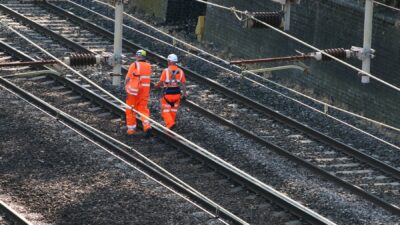Plugging the carbon productivity gap
Productivity trends are used to explain the changing structure of the economy and to compare the UK’s performance against its peers. When the same concept is applied to energy, and ultimately to carbon, it becomes a clear measure of progress towards achieving long-term greenhouse gas emission targets. The results for the UK electricity sector suggest that, if the government’s existing targets are to be met, the current policy programme will have to be expanded during the next 10–15 years, at a cost of several billions.
Related

Switching tracks: the regulatory implications of Great British Railways—part 2
In this two-part series, we delve into the regulatory implications of rail reform. This reform will bring significant changes to the industry’s structure, including the nationalisation of private passenger train operations and the creation of Great British Railways (GBR)—a vertically integrated body that will manage both track and operations for… Read More

Cost–benefit analyses for public policy
Cost–benefit analyses (CBA) are commonly applied to public infrastructure projects where there is a degree of certainty about the physical output of the project and the consequent societal benefits. CBA can also be applied to proposed policy and regulatory changes, but there is less clarity about the outcomes and the… Read More

